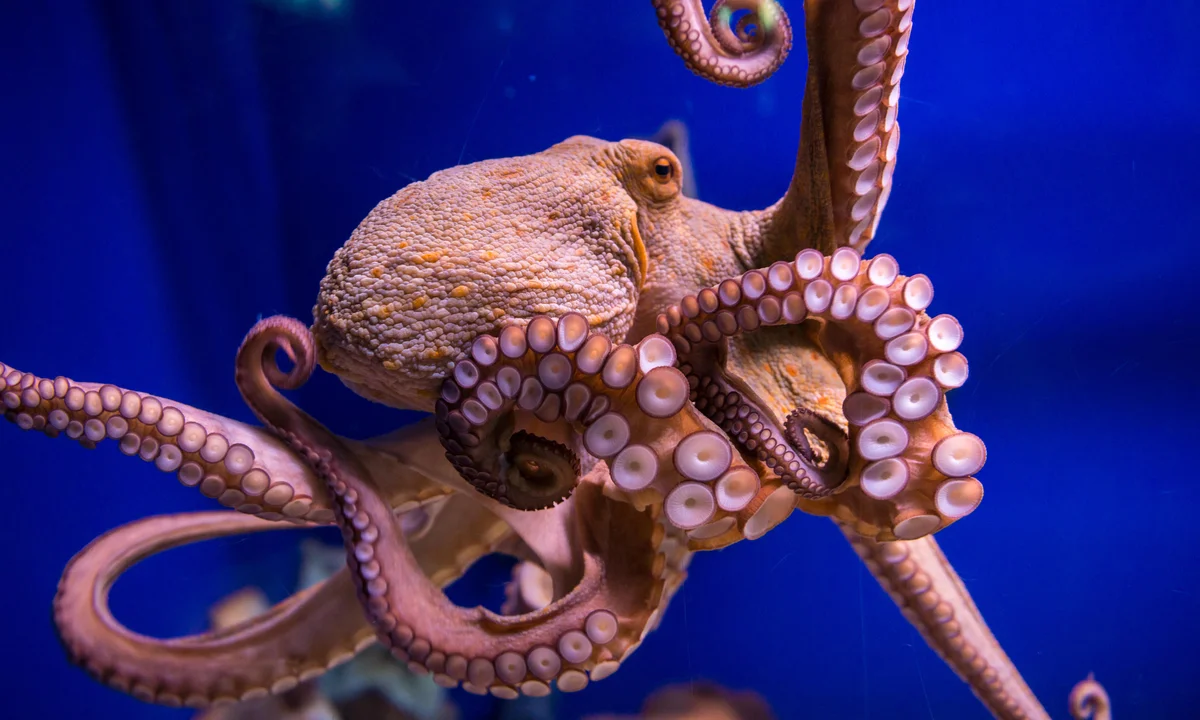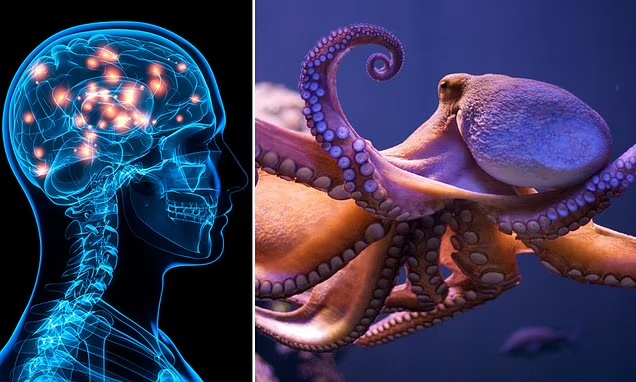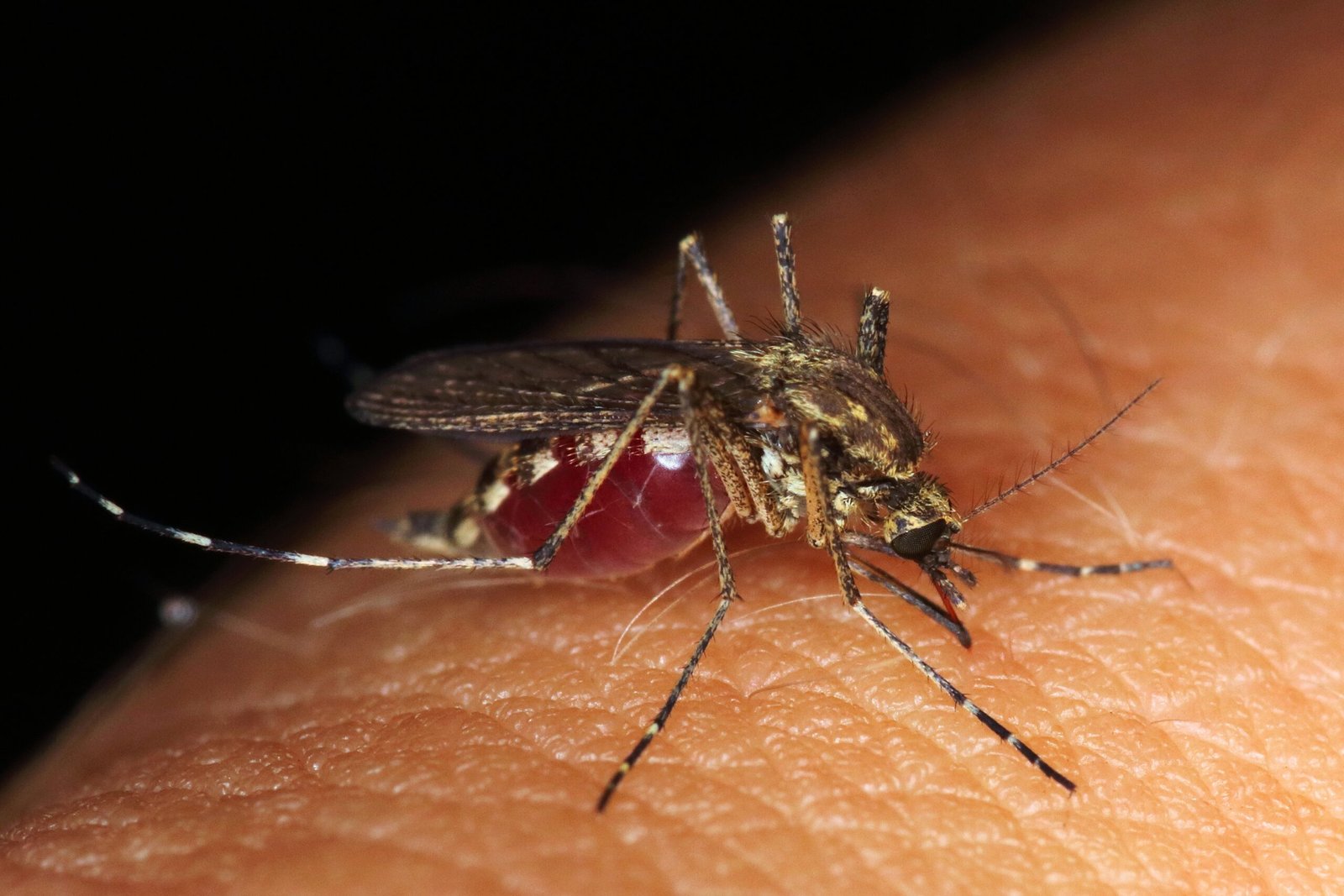They can pick locks, escape labs, and even recognize people. Discover how octopuses continue to outsmart scientists and why their alien-like intelligence baffles researchers.
How Octopuses Outsmart Scientists Again and Again
They can open jars, escape through impossibly small cracks, and even recognize individual humans.
No, we are not talking about trained pets or AI robots we are talking about octopuses, the ocean’s most mysterious and mind-blowing escape artists.
These eight-armed invertebrates have shocked scientists for decades by consistently outsmarting them.
Here is how these underwater masterminds are rewriting everything we thought we knew about animal intelligence.
Octopuses: The Outsiders of Intelligence
Octopuses (yes, the plural is correct!) don’t just behave intelligently they do so in ways that seem alien to our understanding of the brain.
They have nine brains (one central, and one mini-brain in each arm)
Their neurons are spread throughout their body, not just the head
They have blue blood, three hearts, and camouflage skin
And they are solitary, with no social learning yet still brilliant
In short, octopuses evolved intelligence completely independently from humans, mammals, or birds.
That makes them one of the best models for understanding alternative intelligence and they keep surprising us.
How They Outsmart Scientists Again and Again
1. Escaping Lab Tanks Like Houdini
Octopuses are notoriously hard to keep in captivity. Why? Because they can:
Open child-proof lids
Unscrew glass jars (from the inside!)
Slip through holes the size of a coin
Climb out of tanks at night and explore the lab
Case Study: At New Zealand’s National Aquarium, an octopus named Inky escaped his enclosure, slid across the floor, and squeezed through a 6-inch drain pipe to freedom in the ocean.
Scientists still don’t know how he planned it but cameras show he waited until no one was looking.
2. Solving Puzzles That Rival Monkeys
In lab experiments, octopuses have:
Solved mazes
Used tools (like coconut shells and rocks)
Remembered specific individuals friendly or hostile
Displayed problem-solving, short-term memory, and trial-and-error learning
One octopus, upon becoming annoyed with a specific researcher, squirted water at them daily. Another memorized feeding schedules and refused to cooperate when not fed on time.
They are not just smart they are sassy.


3. Changing Color and Texture Instantly
Octopuses can mimic rocks, coral, or other animals in real-time, using thousands of chromatophores (color cells) and muscular skin control.
But here is the twist: octopuses are color-blind. So how do they match their surroundings?
Scientists still can’t fully explain it only that octopuses seem to “see” with their skin and respond to light in ways we don’t yet understand.
4. Genetic Weirdness That Defies Biology
Octopus DNA is unlike any other.
They can edit their own RNA, changing how their genes work on the fly
Their genome is as complex as that of mammals
They possess genes linked to brain development previously found only in vertebrates
Some researchers have even jokingly asked: “Are octopuses aliens?”
(Seriously there is a peer-reviewed paper titled that.)
Did You Know?
Octopuses can taste with their arms
They often play with objects considered a sign of intelligence
When bored or frustrated, octopuses have been observed throwing things, rearranging their tanks, and even flooding labs
Why It Matters
Understanding how octopuses think could unlock new insights into:
Brain evolution
Artificial intelligence models
Alternative consciousness and intelligence pathways
Even inter-species communication
As neuroscientist Jennifer Mather put it:
“The octopus is the closest we’ll come to meeting an intelligent alien.”













